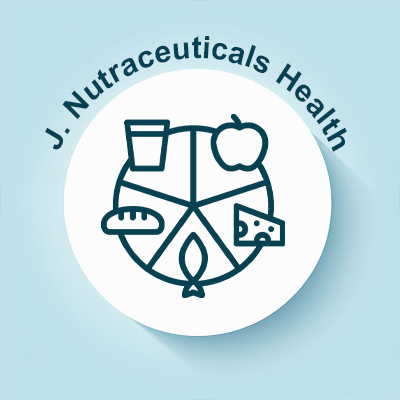
Journal of Nutraceuticals and Health
OPEN ACCESS

OPEN ACCESS

Department of Food Engineering, Food Biomaterials Laboratory, Federal University of Ceará, Fortaleza, Ceará, Brazil
Plectranthus amboinicus, known as Cuban oregano or Indian borage, is a botanical species with various health benefits. This comprehensive analysis aims to clarify the scientific foundations of P. amboinicus as a phytotherapeutic agent, focusing on its botanical traits, phytochemical composition, and applications in healthcare. P. amboinicus is a perennial herbaceous plant recognized for its fleshy, fragrant leaves and adaptability to diverse ecological environments. Its historical use in different cultures for medicinal and culinary purposes is well-documented and demonstrates its significance as a valuable botanical resource. P. amboinicus has a complex chemical composition containing multiple bioactive compounds. Phenolic compounds, such as carvacrol and thymol contribute to its antioxidant and antimicrobial properties. Essential oils, terpenes, and other phytoconstituents further enhance its therapeutic potential. The applications of P. amboinicus in healthcare are extensive. It is efficient in alleviating respiratory issues, gastrointestinal disorders, and skin conditions. Its antioxidant and anti-inflammatory properties support its relevance in modern healthcare. P. amboinicus presents a compelling subject for botanical research and holds promise for promoting health and well-being. A comprehensive understanding of its safety profile and potential adverse effects is crucial, especially in therapeutic contexts. Ongoing scientific investigations and clinical trials are necessary to validate its therapeutic scope and ensure its judicious integration into health-promoting protocols.
Department of Food Engineering, Food Biomaterials Laboratory, Federal University of Ceará, Fortaleza, Ceará, Brazil